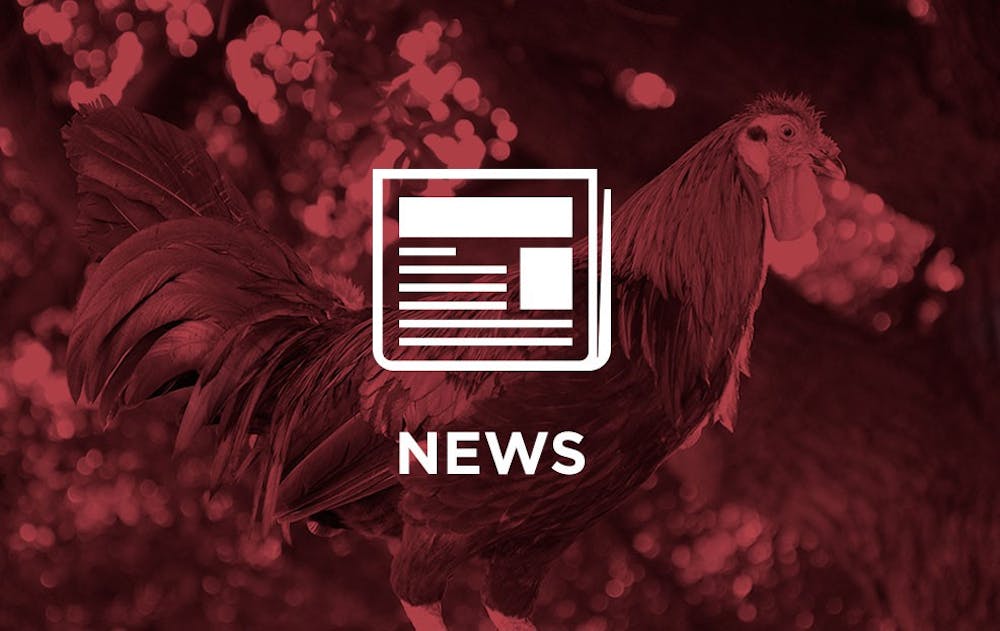When it comes to taking on responsibilities, fourth-year history student Miles Joyner likes to joke that she can "never turn off."
The IRIS logistics director, leader of Bi+ Space at the Harriet Hancock LGBT Center, GLAAD campus ambassador and writer of the popular blog "Miles the Bisexual" is perhaps never busier than during Bisexuality Visibility Week.
"It's visibility," Joyner said. "We want to be like, 'Hey, we're here, we're proud.' We want other bi people who maybe don't feel like they can go to things to have more confidence."
Joyner works to promote acceptance for the Bi+ community throughout the year, often giving "Bi101" presentations to classes at USC and at the Harriet Hancock LGBT Center. That work is kicked into high gear every September. This Bi Visibility Week, Joyner helped organize an event at the Harriet Hancock Center and spoke to a social work class at the request of the professor.
"She wanted her students to know these are the people you're going to be helping," Joyner said, "It's important for people to just know what's going on."
And Joyner isn't just about finding acceptance in society as a whole, but also within the LGBTQ community. As highlighted in Joyner's "Bisexuality 101" presentation, "1 in 3 bisexuals feel they are not accepted by the American LGBTQIAP+ community."
"People don't understand all of this rejection from the queer community and all the rejection that we get from even the straight community," Joyner said.
Other members of the IRIS board, such as development director and second-year broadcast journalism student Drew Hill, recognize a similar need.
"Originally, I would say no bi students didn't really feel accepted at Carolina," Hill said, "but our board in IRIS has really tried to make sure that every identity feels accepted and sees themselves represented in our organization, in the events that we put on, in our discussions and in all of the other work that we do."
Although barriers to acceptance persist, Hill thinks things are moving in the right direction overall and at USC.
"I've even seen more of a willingness of people to accept their bisexuality as valid," she said, "especially on this campus, which it always has been valid. But because of the more culturally accepting society we live in more people feel empowered to say that they're bisexual then having to, as they say, 'pick a side.'"
And Hill believes recognizing Bisexuality Visibility events is an important part of the process.
"It's a time for people to feel accepted and loved and valid which might not be something we, as a community, get at other times of the year," she said.
Hill knows first hand the difference a dedicated celebration can mean.
"I was very excited when I found out that there specifically is a bi month dedicated just to my sexuality," she explained. "Usually when I think pride month or pride events, I see gay men and lesbians, and people like me and asexual people and trans people and non-binary people aren't generally represented there."
Still, things aren't "perfect" by Joyner's calculations. Joyner credits university officials for allowing events like the Birdcage drag show, but she's also seen individuals storm a stage at an IRIS meeting to make homophobic comments.
"We're not the worst, but we're not the best," Joyner said.
Both Hill and Joyner agree that Visibility can teach important lessons about being a strong ally.
Hill says it's all about "listening" and "support."
"To be a good ally, you have to listen to the needs, wants and concerns of the marginalized group instead of telling people in that marginalized group what they need and taking over the conversation," Hill said. "Support the individuals that you're fighting alongside but don't be the face or the spokesperson for a community that you are not a part of."

